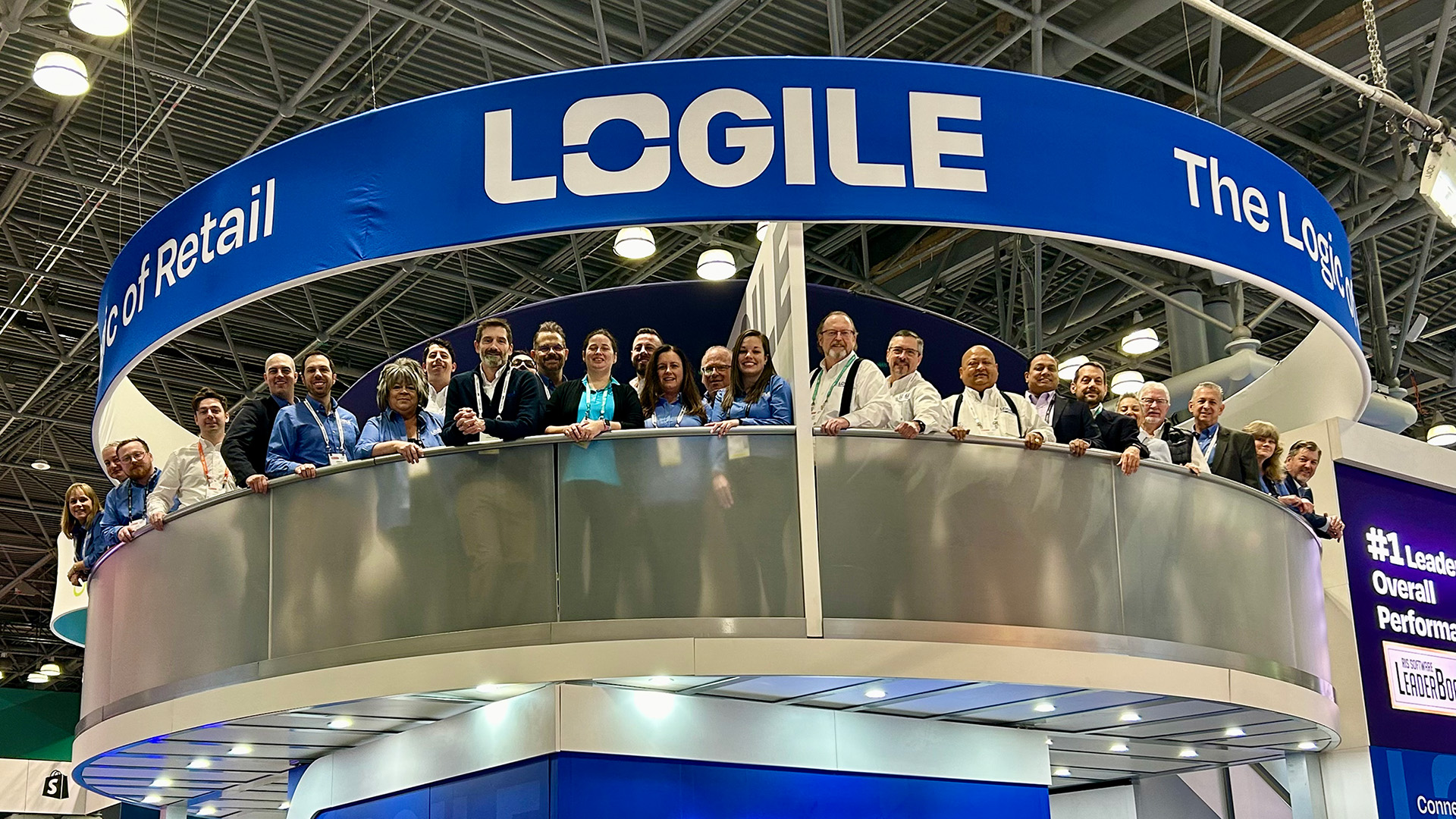3 minute read
Gen Z POV: Tomorrow’s Plan Today With Predictive Scheduling

Diego Giron, Operational Excellence Analyst
Valeria Orona, Operational Excellence Consultant
Technology is a necessity rather than a commodity. As we said in our first post, this belief defines Gen Z. We hope that our main point of emphasis is clear: you must take the time required to understand Gen Z’s needs in the workplace. Gen Z was raised to expect rapid change and high productivity. We expect employers to invest in tools that make everyday activities faster and easier. In previous installments of this series, we discussed our expectations in the context of training new team members and self-service apps. Today we discuss why predictive scheduling may also be a necessary technology that not only delivers what Gen Z expects but benefits all your employees and your business generally.
More than prior generations, Gen Z believes time is a very valuable asset and we prioritize getting the most out of it. We want to have time to spend with family and friends. We grew up with our parents living the opposite way: always busy, running everywhere, and never having enough time. So, even though we value financial stability, we appreciate control and predictability more.
Most employers want to provide good and fair working conditions
For example, they and we prefer not having to be called to work last minute on a “not so friendly” shift or not receiving enough hours to work the next week. The tools exist to do this, and if an employer cannot provide this type of stability, we would certainly look for opportunities somewhere else. Not because we are not responsible enough to compromise 100 percent with our employer, but because, from our perspective, it’s not worth it to give 100 percent for someone that is not giving back opportunities to help increase performance, avoid burnout, and achieve a good work-life balance.
To make this clear in the context of scheduling, let’s picture the world our parents grew up with. In the past, scheduling has been an arduous task. An experienced manager could take up to 6 or 8 hours to finish it each week. The corrections would take longer. If sales or the forecast happened to be wrong, managers would have to go inside each schedule and change everything themselves. Team members would also have a hard time. Next week’s schedule wouldn’t be posted until Friday, so if anything came out wrong or there was a need to swap a shift, you had very little time to request or make changes. Communication was difficult, too. Notes to request time off would get lost before being submitted. It was troublesome for both the manager, who had to carry them around, and the team member who had to write and submit them in the first place.
A different way
To us, members of Gen Z, this seems crazy. But it’s still the reality for some retailers. It’s also where solutions like predictive scheduling come into play. What is predictive scheduling? Predictive scheduling is the practice in which an employer provides an employee’s schedule in advance. This practice benefits both full-time employees who work at an hourly rate and part-time employees who have fluctuating schedules. This is a useful tool because it paints a picture of how much an employee will earn in a given week, as well as their time for the weeks in question.
Predictive scheduling is also an emerging legal requirement. Different cities in the U.S. are implementing predictive scheduling laws that vary by jurisdiction, but they all have one main goal in common: to give employees better working conditions and the opportunity to plan their lives ahead of time.
We live in constant change and challenging times. Innovation is a must and staying on trend is not a luxury but rather a necessity. Giving the opportunity to your employees to excel at their work, by providing the right tools and environment, will bring benefits like decreasing employee rotation and burnout, and your team will be happier knowing that they are valuable enough for you to provide the best conditions in which to work. As we know, if your employees are satisfied your business will perform at the desired levels, from employee attendance to customer service delivery. So, think about what kind of future you are envisioning for your company and how these Gen Z tools can help you get there.



